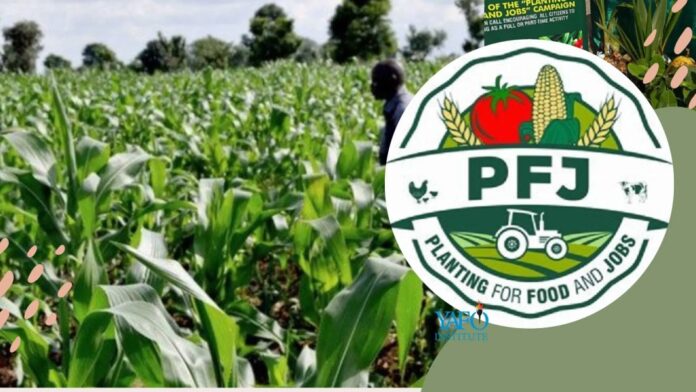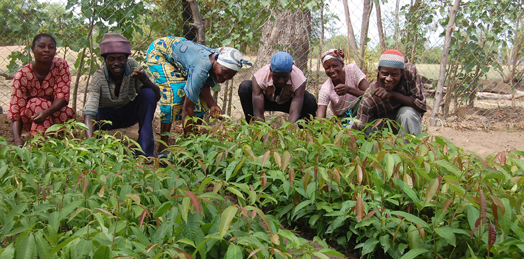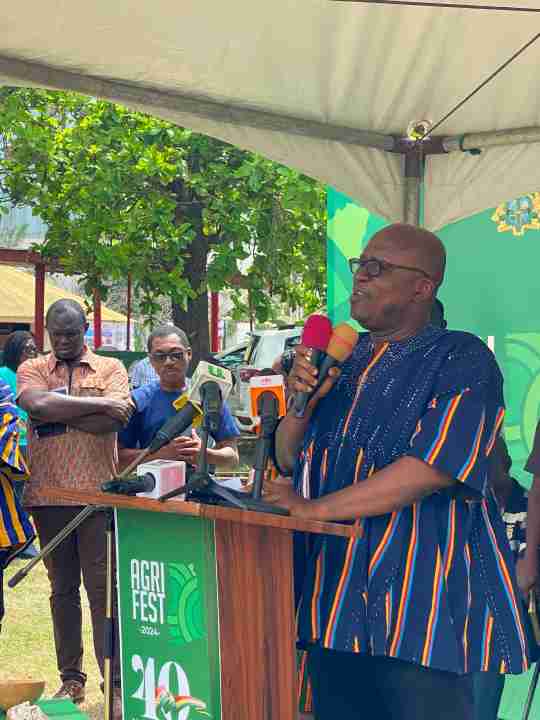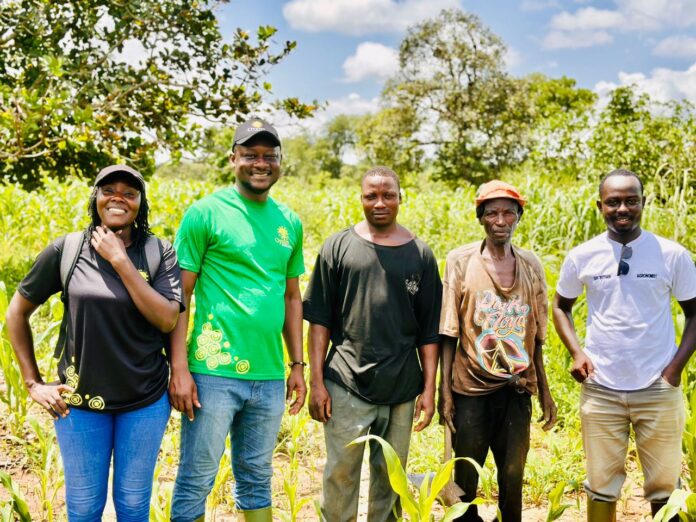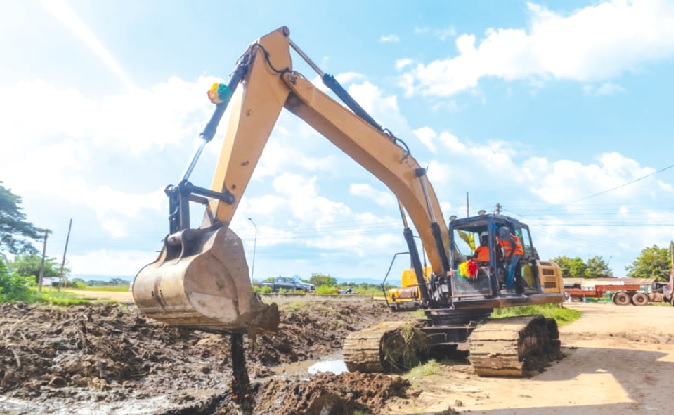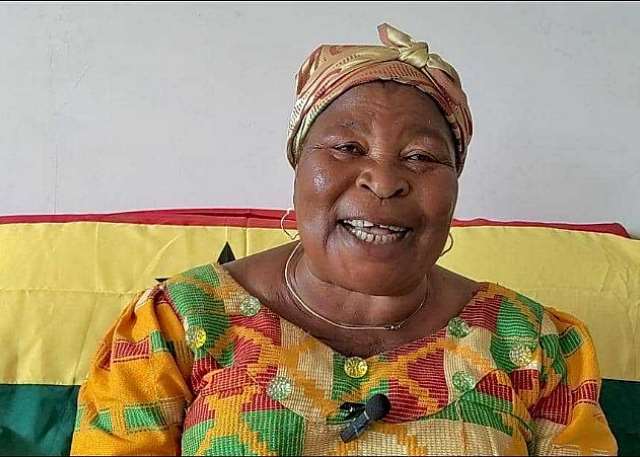As we approach Farmers’ Day slated for 8th November 2024, a time to celebrate the dedication and resilience of our farmers, it is also an opportune moment to address an urgent issue: the contamination of Ghana’s agricultural produce.
In recent years, the quality and safety of our food supply have become matters of growing concern, with contamination levels compromising both public health and trade standards.
Ensuring our food remains safe and nutritious should be a national priority—not only to protect consumers but also to uphold the livelihoods of farmers who depend on trust in the quality of their products.
The issue of contamination affects a broad range of fresh produce in Ghana, from root crops like yams and cassava to fruits, vegetables, legumes and fish. A client who produces “shito” in large quantities recently shared that He no longer uses locally sourced fish and shrimp due to high contamination levels noticeable in both texture and taste.
Instead, He imports these ingredients from Côte d’Ivoire, a loss to Ghana’s local industry and economy. A report by Dr. Juliet Ohemeng-Ntiamoah also highlighted that yams exported from Ghana have tested positive for high levels of heavy metals, a concern shared by Ghanaians and international consumers alike.
Sources of Contamination
Several factors contribute to the contamination of agricultural products in Ghana and these need urgent attention:
- Galamsey Activities: Illegal mining (galamsey) has led to the infiltration of heavy metals like mercury, arsenic and lead into soils. Crops grown in these contaminated soils absorb these toxic elements, posing serious risks to consumers and further eroding soil health.
- Chemical Misuse: The indiscriminate use of pesticides, herbicides and fertilizers without adherence to safety guidelines has become widespread. While these chemicals are used to increase yields and reduce pest impact, improper usage or over-application leaves harmful residues on crops.
- Contaminated Water for Irrigation: The use of polluted water sources in agriculture introduces additional contaminants, including pathogens and chemical residues, into the food supply.
- Depleted Soil Quality: The continuous use of chemical fertilizers diminishes soil nutrients and disrupts its natural microbiome, contributing to the accumulation of toxic elements in crops. Over time, this damages the health of the soil itself, diminishing productivity and posing risks to both farmers and consumers.
Impact on Health and Trade
The health risks associated with consuming contaminated produce are alarming. Residual chemicals and pathogens can lead to serious health problems, including gastrointestinal and respiratory illnesses, as well as long-term conditions such as cancer. Vulnerable groups, including children, pregnant women, and the elderly, are especially at risk, placing a heavy burden on the country’s healthcare system.
Beyond health implications, contamination affects Ghana’s agricultural trade. International markets have stringent safety standards and produce with harmful residues is frequently rejected, damaging Ghana’s reputation and reducing income for farmers and exporters. Ghanaian farmers work tirelessly and they deserve a marketplace that rewards their efforts, rather than penalizes them due to contamination issues.
Solutions for a Safer Food Supply
Addressing contamination requires a collaborative, proactive approach from farmers, policymakers, and consumers alike. Key solutions include:
- Training and Awareness Programs: Farmers should receive training on the safe and efficient application of pesticides, organic farming alternatives, and proper post-harvest handling practices. Awareness of soil health and responsible chemical use is essential.
- Enhanced Regulation and Monitoring: Regulatory authorities must enforce stricter guidelines on the sale and use of agrochemicals and conduct routine checks to ensure that produce meets safety standards.
- Investment in Organic Farming and Technology: Supporting organic farming and investing in advanced technologies, such as precision agriculture, can help reduce chemical dependence and improve soil quality over time.
- Improved Irrigation Practices: Ensuring that water used in agriculture is clean and contaminant-free will reduce contamination levels, benefiting both crop quality and consumer health.
Moving Forward Together
As we celebrate Farmers’ Day this year, let us also commit to improving the quality of our agricultural produce. Safe and nutritious food is the foundation of a healthy and prosperous nation. Agencies responsible for food safety in Ghana must take a critical look at the quality of fresh agricultural produce and enforce measures to monitor and regulate activities that compromise quality.
By addressing contamination, we not only protect the health of our citizens but also strengthen the potential of our agricultural sector—both domestically and internationally.
It’s time to advocate for change and celebrate Farmers’ Day with a renewed commitment to sustainable practices that ensure the long-term prosperity and health of Ghana.


